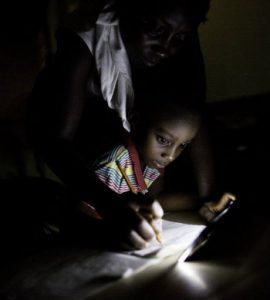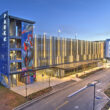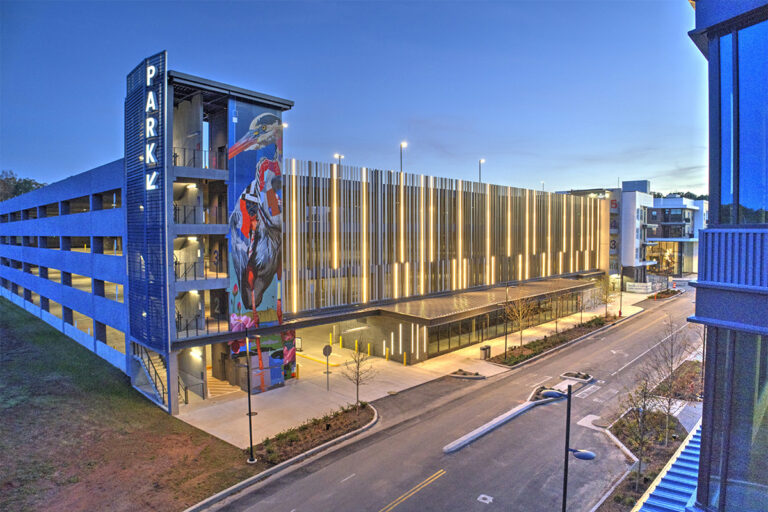At night, one in seven of the world population rely on highly polluting kerosene lamps and wood fires to provide the light they need for reading, working and even for basic healthcare. Improving access to light for this forgotten billion has become a rallying cry for leaders in sustainable energy innovation.
 “We want to tell the world not only that something needs to be done, but that something can be done,” says Eric Rondolat, CEO of Philips Lighting, which sponsored the UN International Year of Light in 2015. “The technological solution to this problem now exists – solar LED lanterns – and it is a solution which also makes economic sense.”
“We want to tell the world not only that something needs to be done, but that something can be done,” says Eric Rondolat, CEO of Philips Lighting, which sponsored the UN International Year of Light in 2015. “The technological solution to this problem now exists – solar LED lanterns – and it is a solution which also makes economic sense.”
 Whereas families in Africa and elsewhere today can spend upwards of $50 a year on buying kerosene and wood for their fires, a basic solar LED lamp represents a one-off investment of $20.
Whereas families in Africa and elsewhere today can spend upwards of $50 a year on buying kerosene and wood for their fires, a basic solar LED lamp represents a one-off investment of $20.
Solar LEDs provide more powerful light than candles and fires, they are safer, and they do not produce the smoke that condemns millions of people each year to an early death.
Some models also contain USB ports for charging mobile telephones, which have become critical enablers of rural development. Philips is currently working with governments and NGOs to implement the technology, with the goal of ending light poverty by 2030. “If the relevant stakeholders work with us, we can achieve this, but we can’t do it on our own,” Rondolat says![]()









